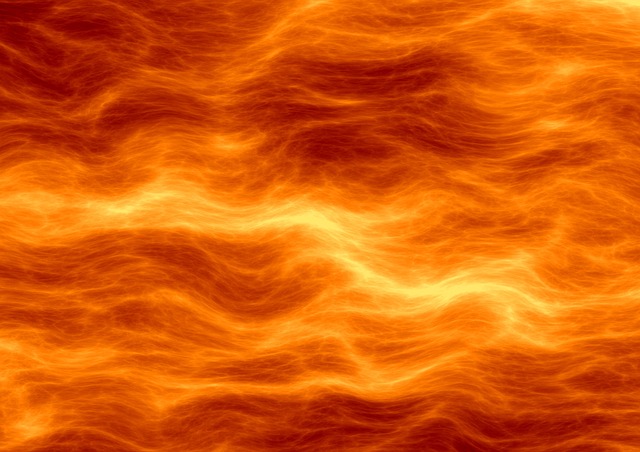
As many of you know, our recent study in Revelation 14 brought us face to face with the same "eternal fire" that Jesus talked about on many occasions in regard to God's judgment against sin. Later in the book, this fire is referred to as "the lake of fire" (19:20; 20:10, 14, 15; 21:8), and is described as the final destination of all those who have rejected God and who are without Christ. We often speak about this destination with the English word "hell".
But the concept of hell has long been a debated, divisive, and in many cases, a despised teaching. This past Sunday (click here for Sunday's message), I shared a quote about God's wrath from writer Jerry Bridges. I think Bridges does an excellent job helping us consider why God's wrath is necessary. I am pleased to include the full text of this exceprt below:
"God's Necessary Wrath
The wrath of God is coming. (Colossians 3:6)
The wrath of God is a subject ignored by most believers. Perhaps we shy away from it because of the violent emotions and behavior we frequently associate with the word wrath when used of sinful human beings. We're reluctant, rightly so, to attribute that same attitude and activity to God.
I suspect, however, that the more basic reason we avoid or ignore the subject is that we simply don't think of our sinfulness as warranting that degree of judgment. Frankly, most people don't think they're that bad. A divine reprimand or an occasional slap on the wrist may be needed—but an outpouring of divine wrath? That's much too severe. Perhaps another reason we avoid the subject is that we don't want to think of our nice, decent, but unbelieving neighbors and relatives as subject to God's wrath.
The Bible, however, doesn't give us that option. Again and again it asserts that the wrath of God is expressed in both temporal and eternal judgment. Noted biblical scholar Leon Morris pointed out that in the Old Testament alone, more than 20 words are used for the wrath of God, while the number of references to His wrath exceeds 580.
Although God's wrath does not contain the sinful emotions associated with human wrath, it does contain a fierce intensity arising from His settled opposition to sin and His determination to punish it to the utmost. God, by the very perfection of his moral nature, cannot but be angry at sin—not only because of its destructiveness to humans, but, more important, because of its its assault on His divine majesty. This is not the mere petulance of an offended deity because His commands are not obeyed. It's rather the necessary response of God to uphold His moral authority in His universe." (from the book, The Gospel for Real Life)
Write a Comment